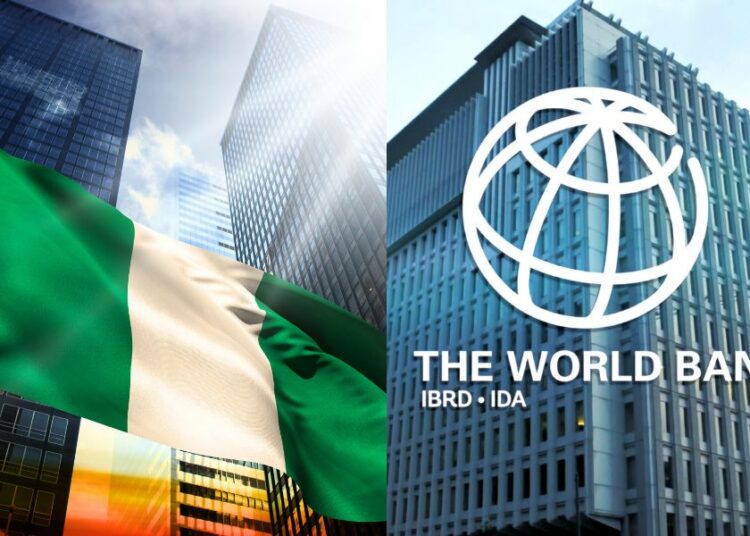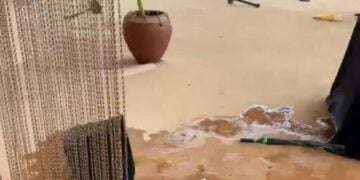The federal government of Nigeria and the World Bank have allocated $600 million for the next phase of the Rural Access and Agricultural Marketing Project (RAAMP) which aims to expand rural roads and agricultural marketing systems across the country.
The funding includes $500 million from the World Bank and a $100 million counterpart fund from both state and federal governments in Nigeria.
Minister of State for Agriculture and Food Security, Sabi Abdullahi, disclosed this to journalists in Abuja on Friday at the RAAMP scale-up briefing.
The RAAMP initiative, which is already operational in 19 States of the Federation, focuses on creating sustainable rural infrastructure.
As part of the project’s scale-up, participating states are required to establish Rural Access Road Authorities and State Road Funds to ensure road maintenance and sustainability.
Abdullahi noted that 16 of the 19 participating states have already passed legislation to establish the agencies, demonstrating significant progress.
Speaking on the importance of the federal component of the project, the minister stressed its role in addressing critical rural infrastructure gaps.
He raised concerns over the deteriorating state of the country’s rural road network.
The minister revealed that 80% of Nigeria’s 200,000 kilometers of rural roads were in poor condition, severely hampering economic activities in rural areas.
The minister expressed optimism that the RAAMP scale-up will not only improve rural access but also promote agricultural marketing, food security, and economic growth.
“Most of Nigeria’s population resides in rural areas, and agriculture constitutes over 70% of their economic activity. However, the lack of functional rural roads limits their ability to market their produce and sustain their livelihoods.
“This federal component will allow us to intervene in strategic areas of agricultural production that are not prioritized by states due to funding constraints.
“This initiative aligns with the Renewed Hope Agenda of President Bola Tinubu, focusing on food security, inclusivity, poverty eradication, and job creation,” he said.
Abdullahi commended the World Bank for its continued collaboration and support, stating that the RAAMP project exemplifies the power of transparent and accountable partnerships in driving national development.
National Coordinator of RAAMP, Aminu Mohammed, stated that the project’s goal was to improve rural road networks and enhance agricultural marketing.
Mohammed noted that the scale-up phase was expected to transform rural Nigeria by establishing new economic corridors, promoting agro-industrial clusters, and creating sustainable growth paths for the agricultural sector.





